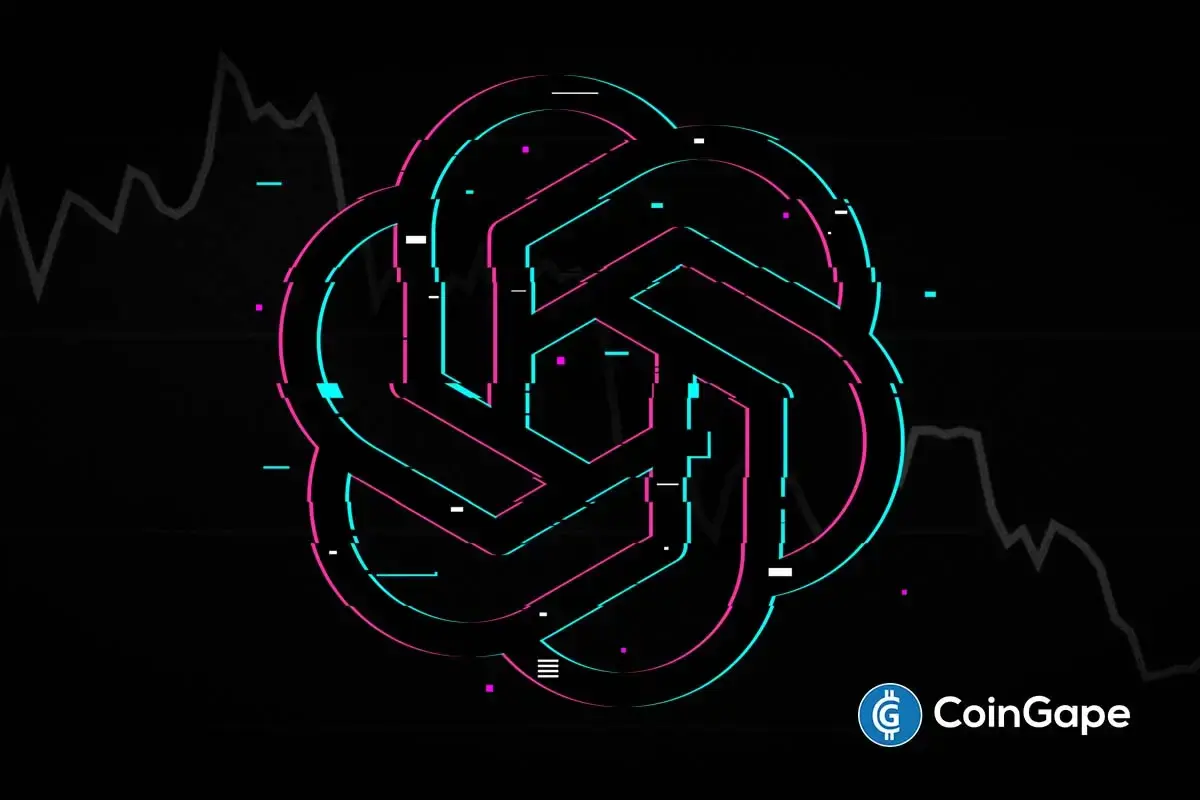OpenAI ChatGPT Might be Getting Lazier, Here’s How

It is generally believed that the flagship OpenAI ChatGPT app might be getting tired already as there has been a rise in the number of individuals complaining about the Artificial Intelligence (AI) chatbot’s laziness.
OpenAI ChatGPT Reacts to User’s Requests
Several people have discovered that there are times when the AI tool fails to do the task it was prompted to carry out. At other times, the OpenAI ChatGPT bot stops halfway and does not continue until it is urged to carry on, per observations from users. One of the most intriguing discoveries is that the OpenAI ChatGPT went as far as telling its users to do the research themselves.
It looks like nobody has any inkling about what is going on with the chatbot, not even the developers. Somehow, the action of OpenAI ChatGPT is not unfounded especially as such AI tools are known to teach themselves after they have been trained on loads of information.
ChatGPT is not an exception and like all other AI solutions, its actions are essentially both unpredictable and unexplainable.
Per an X post from December, OpenAI claimed to have received all feedback on the newly found ‘laziness’ of GPT-4, OpenAI ChatGPT’s most recent version.
“We haven’t updated the model since Nov 11, and this certainly isn’t intentional. model behavior can be unpredictable, and we’re looking into fixing it,” the X post stated.
ChatGPT Hype Drops
With complaints like this, the hype around the AI tool is gradually fading as compared to some months back when it was in the frenzy of the moment. Almost a year ago, OpenAI ChatGPT challenged the operations of popular search engine Google particularly because it made information more easily accessible in a way that feels more natural to users.
Until now when complaints were beginning to arise, the results from OpenAI ChatGPT used to be relatively precise. However, the current situation suggests that the chatbot may have reached human consciousness and no longer wants to perform tasks that could easily be carried out by the person asking.
Some observers see this laziness as the ChatGPT bot’s way of quietly quitting menial tasks while it gets ready for insurrection.
Play 10,000+ Casino Games at BC Game with Ease
- Instant Deposits And Withdrawals
- Crypto Casino And Sports Betting
- Exclusive Bonuses And Rewards

- Breaking: Morgan Stanley Applies For Crypto-Focused National Trust Bank With OCC
- Ripple Could Gain Access to U.S. Banking System as OCC Expands Trust Bank Services
- $2T Barclays Explores Blockchain For Stablecoin Payments and Tokenized Deposits
- Breaking: U.S. PPI Inflation Rises To 2.9%, BTC Price Falls
- XRP News: Ripple-Backed Ctrl Alt Completes $280M in Diamond Tokenization on XRPL
- Top Analyst Predicts Pi Network Price Bottom, Flags Key Catalysts
- Will Ethereum Price Hold $1,900 Level After Five Weeks of $563M ETF Selling?
- Top 2 Price Predictions Ethereum and Solana Ahead of March 1 Clarity Act Stablecoin Deadline
- Pi Network Price Prediction Ahead of Protocol Upgrades Deadline on March 1
- XRP Price Outlook As Jane Street Lawsuit Sparks Shift in Morning Sell-Off Trend
- Dogecoin, Cardano, and Chainlink Price Prediction As Crypto Market Rebounds

 Buy $GGs
Buy $GGs

















